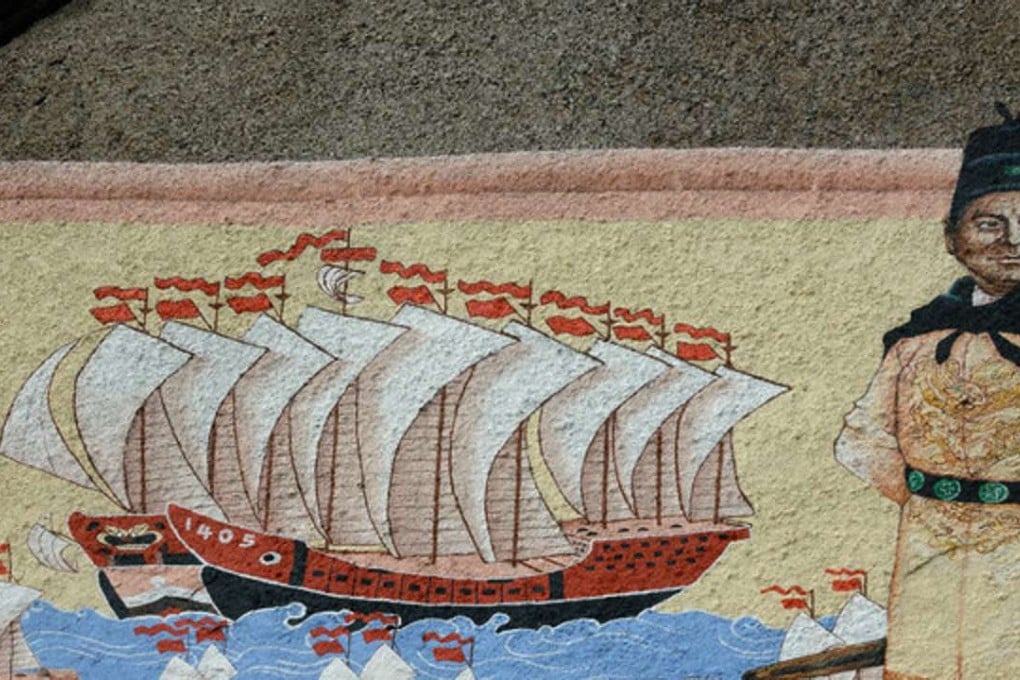Back To The Future | The Chinese admiral who spread Islam across Southeast Asia
Over the past decades, researchers have concluded Admiral Zheng He and his armada were the key force behind Islam’s spread in Southeast Asia.

Near my childhood home in Kunming (昆明), Yunnan (雲南) province, is a park dedicated to its most famous son: Admiral Zheng He. Our teacher would take us to pay tribute to the great eunuch of the Ming dynasty, recounting his legendary seven expeditions that brought glory to the motherland.
The marble bust of Zheng He shows the face of a typical Chinese, with a square chin, brushy eyebrows and a flat nose. My father joked it more resembled comrade Lei Feng than the admiral. Not until years later did I realise how true this was. The statue was erected in 1979 – a year after Deng Xiaoping (鄧小平) launched his open-door policy. Zheng, barely mentioned during the Cultural Revolution, was plucked from obscurity and hailed as a national hero who embodied China’s open spirit. A park near his ancestral home was dedicated to him. The same craftsmen who churned out revolutionary statues were employed to build his.
In real life, Zheng probably looked very different. My school textbook mentioned only that he was a Hui minority (Muslim Chinese). In fact, the admiral was a descendent of a powerful Persian family. Records discovered in 1913 trace his lineage to Sayyid Ajall, who was sent by Kublai Khan to conquer Yunnan and became its first governor. In 2014, Chinese scientists at Fudan University in Shanghai put the theory to test. They examined DNA samples collected from descendents of the admiral’s close kin and found they originated from Persia, modern-day Iran. In addition to Zheng He, most senior officers of the storied Ming armada were also Muslims.
Beijing follows the route well travelled by Admiral Zheng He in its belt and road initiative
Over the past decades, researchers have concluded Zhang and his armada were the key force behind Islam’s spread in Southeast Asia. The Arabs established settlements in Southeast Asia from the eighth century. But Islam did not become dominant there until the 15th century – around the time Admiral Zheng began to sail in the South China Sea. Historians found evidence of Zheng’s missionary work in documents discovered in Semarang, Indonesia, by Dutch officials in 1925. This prompted Indonesian religious leader Hamka to write in 1961: “The development of Islam in Indonesia and Malaysia is intimately related to a Chinese Muslim, Admiral Zheng He.”
A crowning moment of Zheng’s expedition was converting the King of Malacca, Parameswara, to Islam shortly after he paid homage to the Yongle Emperor in Beijing in 1411. The conversion played a crucial role in the spread of Islam in Southeast Asia, according to Professor Xiao Xian of Yunnan University.
